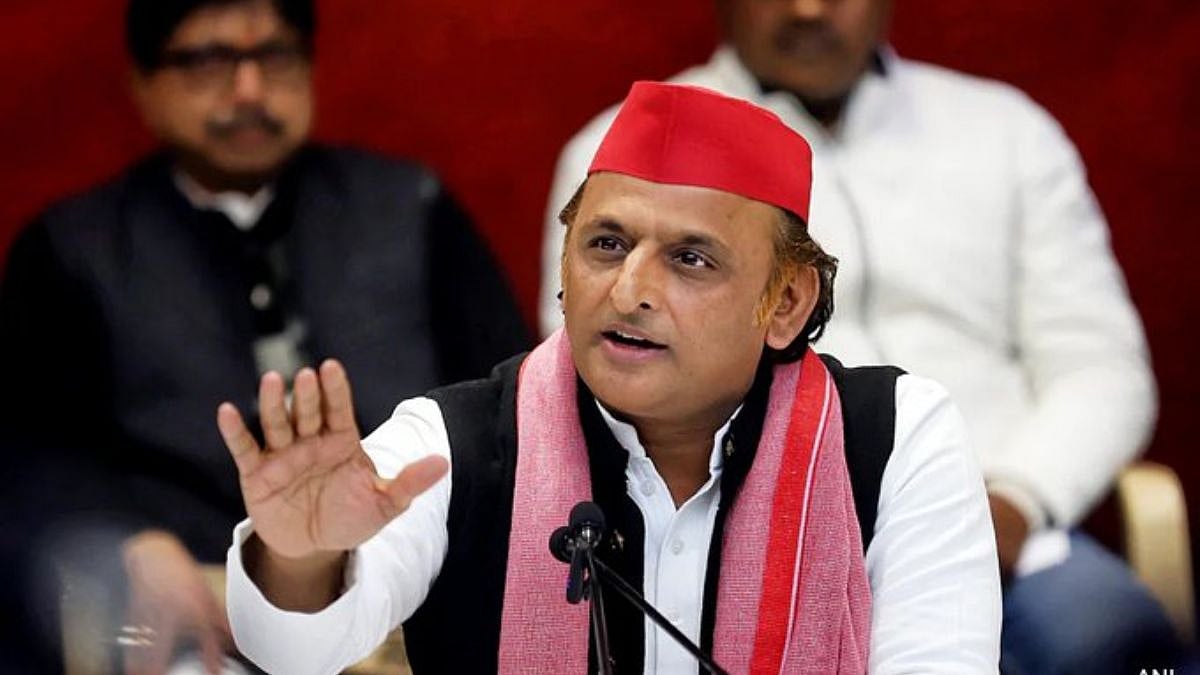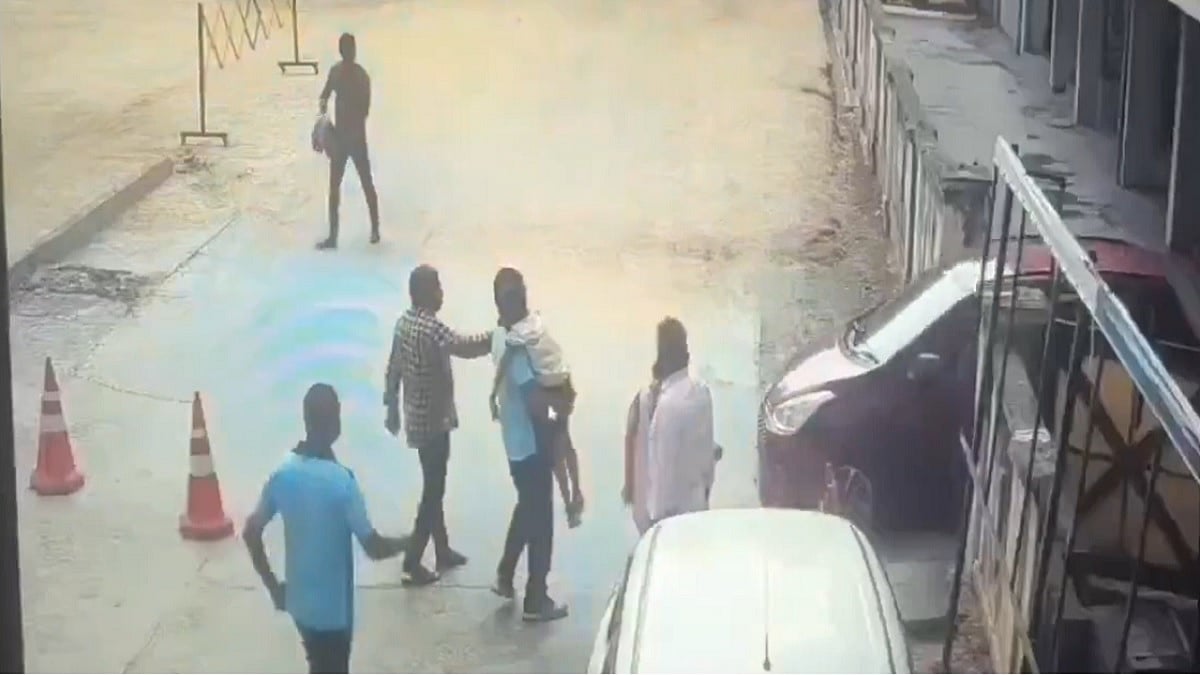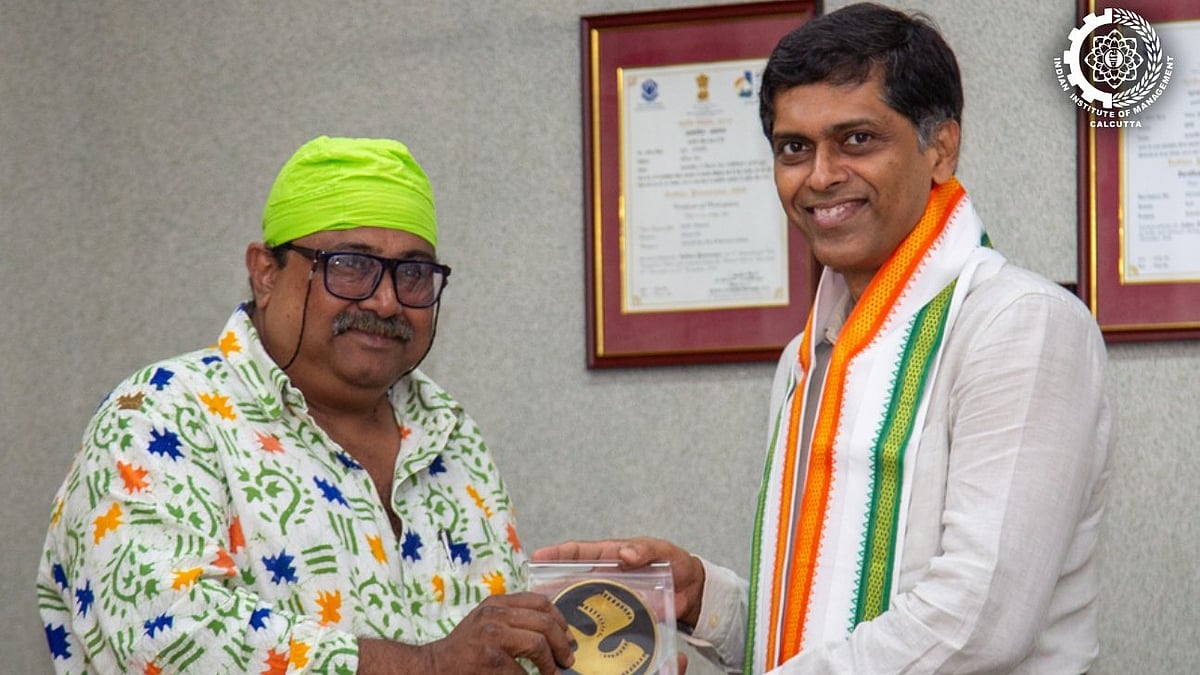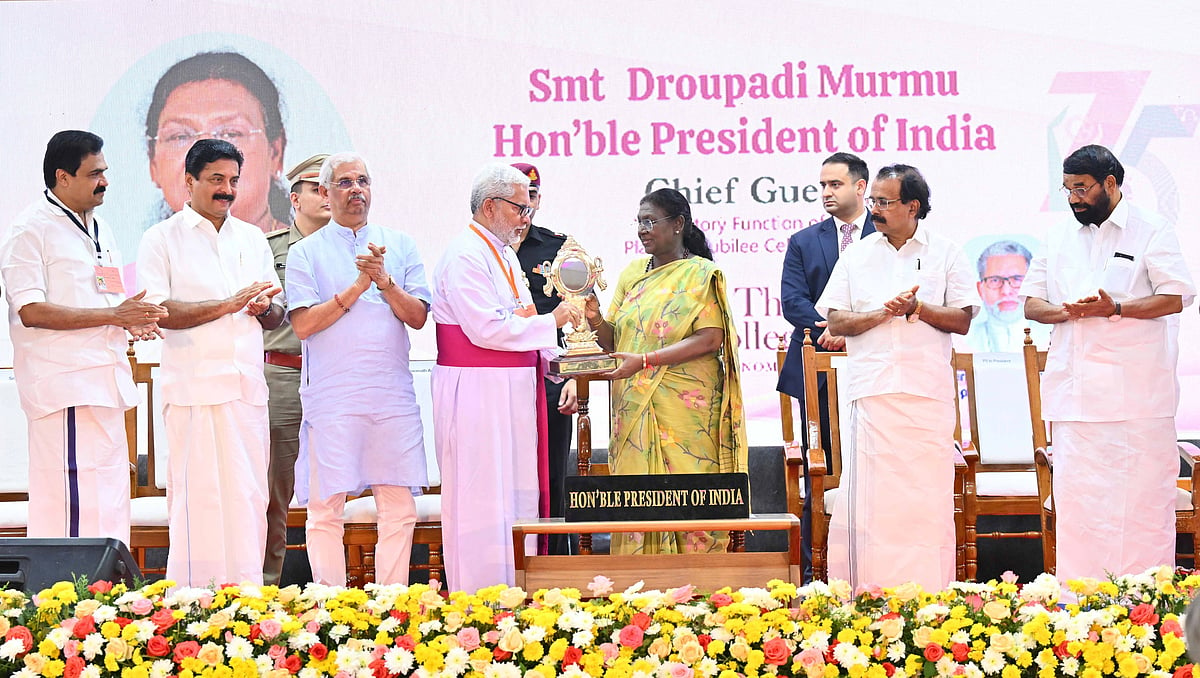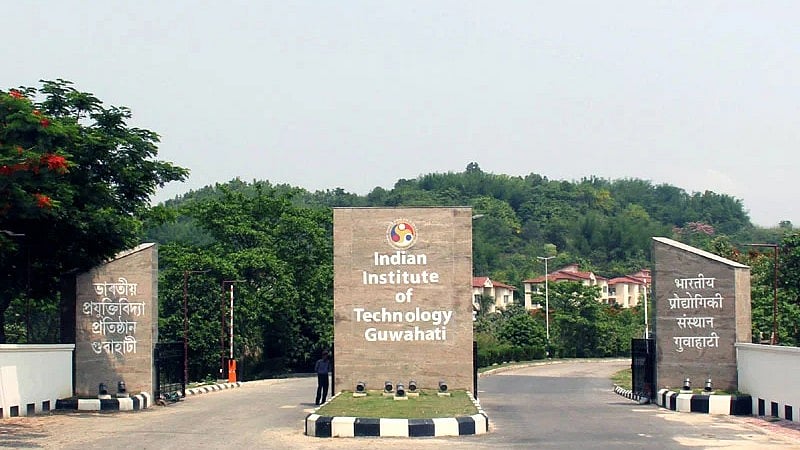The education system is critical for the sustainable economic growth of the BRICS nations -- Brazil, Russia, India, China and South Africa -- and to fight against the triple challenges of unemployment, poverty and inequalities, a South African Minister has said. Minister of Higher Education, Science and Innovation Blade Nzimande's remarks came as he delivered the opening address at the 10th Meeting of BRICS Ministers of Education at the Kruger National Park on Wednesday evening.
Joining senior officials in the education field from all four countries were Dr Rajkumar Ranjan Singh, Minister of State for Education and External Affairs from India; Konstantin Mogilevskiy, Deputy Minister of Science and Higher Education from Russia; Dr Chen Jie, Vice Minister of Education, China; and Denise Pires de Carvalho, Vice Minister of Education and Secretary of State for High Education, Brazil.
“The education system is critical to the sustainable economic growth of our nations and in helping us to fight against the triple challenges of unemployment, poverty and inequalities. “The daunting task before us as BRICS Ministers of Education is to consolidate the resolutions of these sectoral engagements and table them to the BRICS Heads of States in August 2023,” Nzimande said as the meeting prepared for two days of discussions under the theme: ‘Responsive and Relevant Education and Training in the Current Global Context’.
“The chosen theme is more relevant in terms of the geopolitical issues that are currently confronting us with regards to the Russia-Ukraine conflict,” the minister said, adding that the meeting came at a crucial time, as the heads of state were expected to debate extensively requests by a number of other countries to become part of the BRICS bloc.
The 15th BRICS Summit is scheduled to take place from August 22-24 in Johannesburg. Nzimande urged the meeting to make concrete proposals on how the BRICS education systems can assist to contribute meaningfully in the eight thematic areas to be discussed during this year’s meeting of Ministers of Education.
“These issues include climate change, entrepreneurship development, skills for the changing world, mutual recognition of qualifications, out-of-school youth, labour market intelligence, early childhood development and university global ranking,” he said.
Nzimande called for the BRICS member partners to accelerate the adoption of mutual recognition of qualifications. “BRICS countries must put systems in place to encourage mobility of students and education experts and academics,” he said.
The minister said academics within BRICS should be encouraged to research the implications of the proposed BRICS currency and the role of the New Development Bank of BRICS. “It is the research community of BRICS that is going to assist to elaborate this issue better,” he said.




